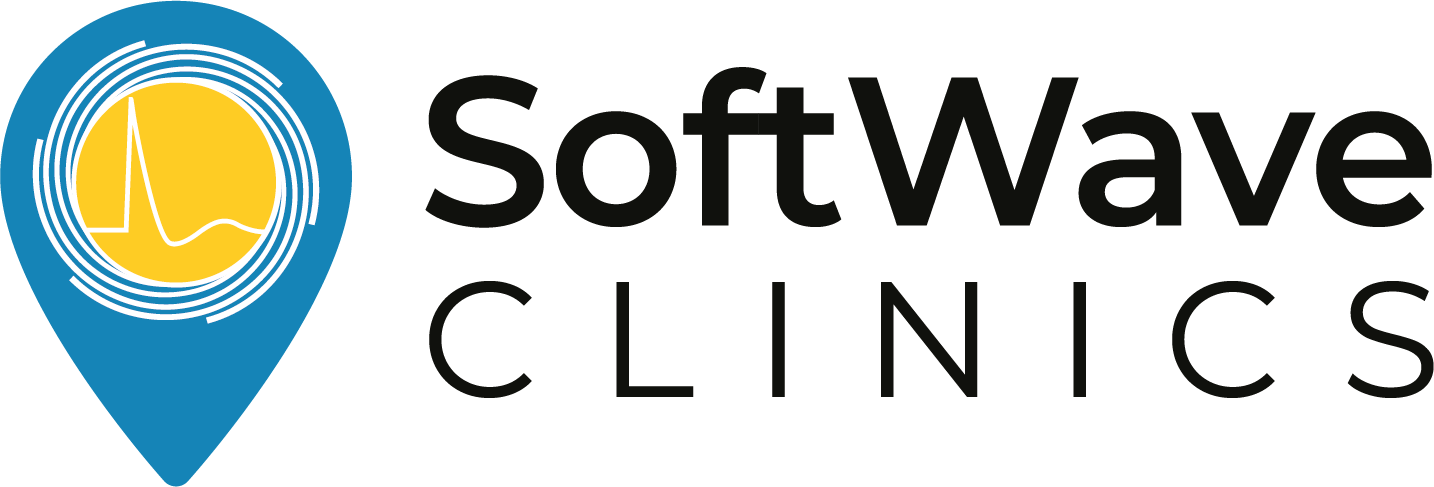Shockwave Therapy: Reducing Tissue Necrosis & Enhancing Revascularization
Authors: Rainer Mittermayr, MD, Joachim Hartinger, Vlado Antonic, MS, Alexandra Meinl, PhD, Sabine Pfeifer, Alexander Stojadinovic, MD, Wolfgang Schaden, MD and Heinz Redl, PhD
This study explored the effects of extracorporeal shock wave therapy (ESWT) in a rodent model of ischemic epigastric flap, focusing on the time-dependent treatment outcomes. ESWT involves the application of shock waves to the affected area, and its potential for accelerating tissue repair and improving graft survival has been previously recognized.
In the study, shock waves were administered at specific time points: before ischemia, immediately after ischemia, and 24 hours following ischemic insult. The researchers evaluated various factors to assess the treatment effects, including flap survival, vascular perfusion (blood flow), vessel number, protein expression, and vascular endothelial growth factor receptor 2 (VEGFR2) expression.
The results revealed significant improvements in flap perfusion, microvessel number, and overall survival in the groups treated with ESWT, regardless of the timing of treatment (before or after ischemia). The treated groups exhibited reduced flap contraction and necrosis, indicating enhanced tissue viability. Moreover, the expression of VEGFR2, a protein associated with angiogenesis (the formation of new blood vessels), was upregulated in response to ESWT, suggesting a mechanism for promoting blood vessel growth.
Overall, the findings demonstrate that shockwave therapy, both as a preconditioning measure and post-ischemic treatment, enhances skin flap survival by stimulating neovascularization (formation of new blood vessels) and triggering early upregulation of growth factors related to angiogenesis. These results shed light on the potential benefits of shockwave therapy in promoting tissue healing and restoring blood flow, offering promising prospects for improving outcomes in skin and aesthetic indications.
